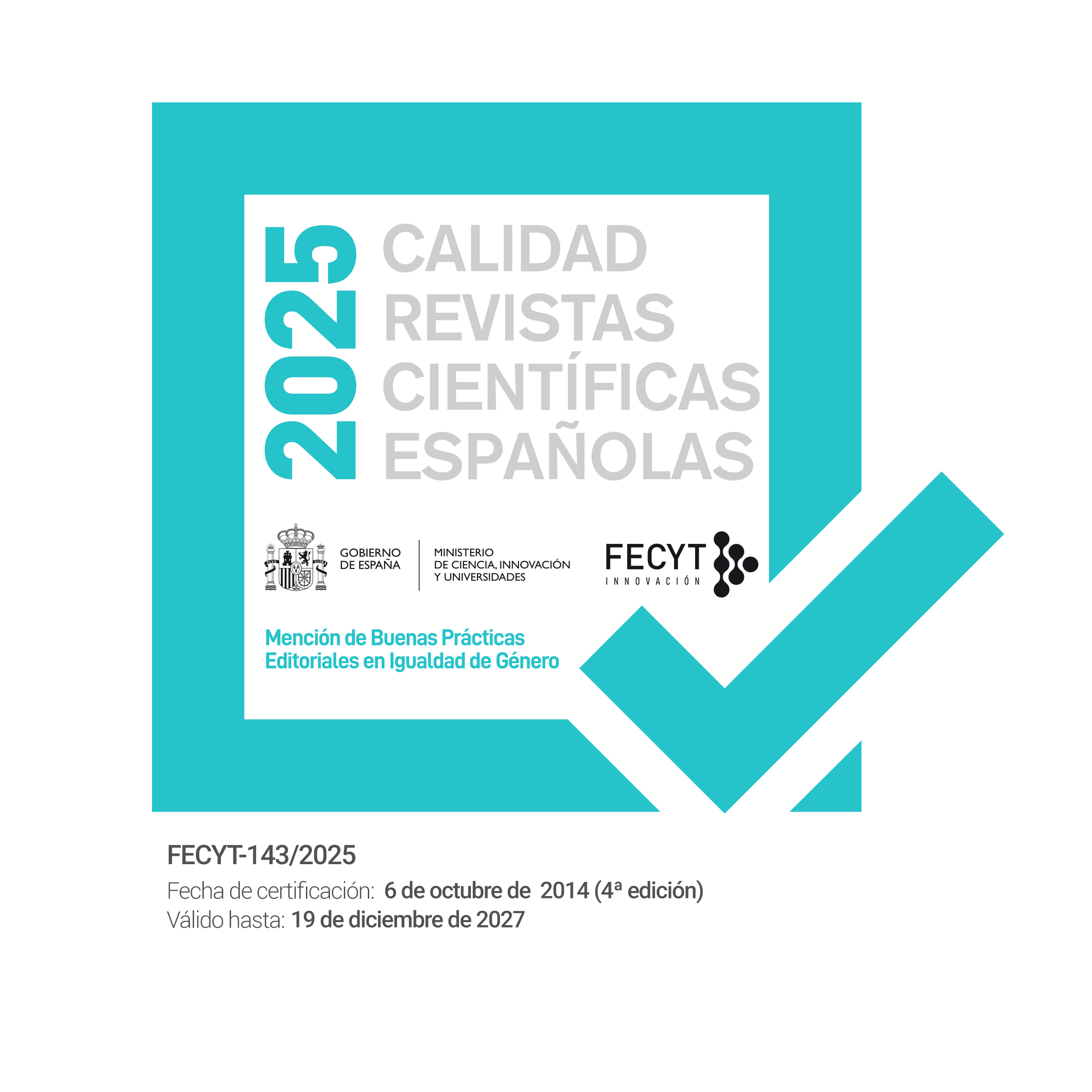TRANSLATION IN THE CLASS OF LANGUAGES FOR SPECIFIC PURPOSES: OLD TOOLS IN NEW LEARNING CONTEXTS
Keywords:
pedagogical translation, L2 teaching, language competence, communicative competence, level of student satisfactionAbstract
Translation has been excluded from the language classroom for many years due to the fact that new methodologies helped avoid the use of the mother tongue in the classroom at levels other than the initial stages of learning. This study is based on the assumption that the pedagogical use of translation L1-L2 in an LSP (Language for Specific Purposes) course can have a relevant role in L2 learning. The analysis examines to what extent translation activities consisting of short sentences designed by the teacher can be a valid tool to improve the writing skills of two LSP groups of upper-intermediate level students: English native speakers who study Spanish as a second language and Spanish learners of English. These short sentences are aimed at learning the use of the article for generic reference and technical vocabulary in the field of computer science, which generally poses problems for this type of learners. An initial writing test and a final one together with an initial and final questionnaire designed accordingly show that translation can be a perfect tool to improve writing skills and that current LSP students value these tasks very positively. The comparison of the two groups of learners highlights the syntactic and lexical interferences each group experiences depending on their L1.
Downloads
Downloads
Published
How to Cite
Issue
Section
License
El Grupo de Investigación “La lengua inglesa en el ámbito universitario” HUM-397 conserva los derechos de copyright de los artículos publicados y permite la reutilización de los mismos bajo licencia Creative Commons: Creative Commons Atribución-NoComercial-SinDerivar 4.0 Internacional: se pueden copiar, usar, difundir, transmitir y exponer públicamente los artículos mencionados, siempre que (a) se cite la autoría y la fuente original de su publicación, (b) no se usen para fines comerciales, (c) no se creen obras derivadas mediante su transformación, (d) se mencione la existencia y especificaciones de esta licencia de uso.








